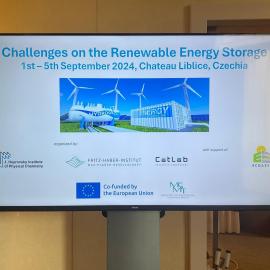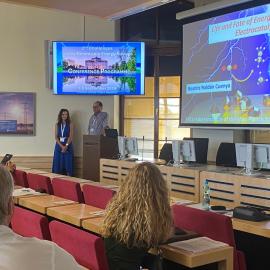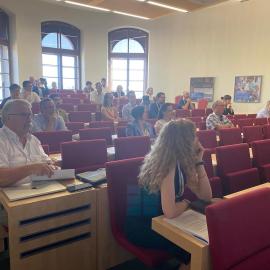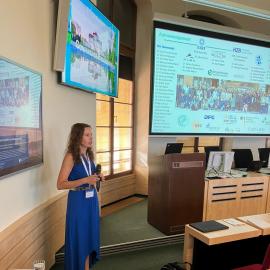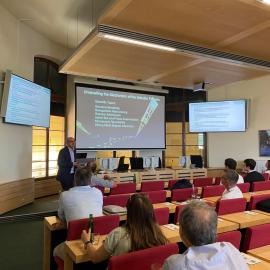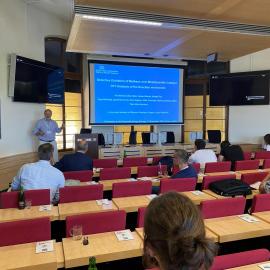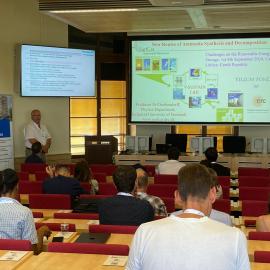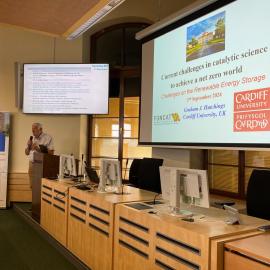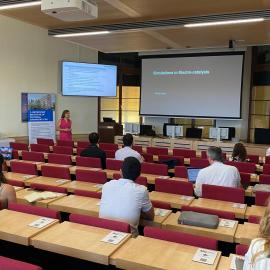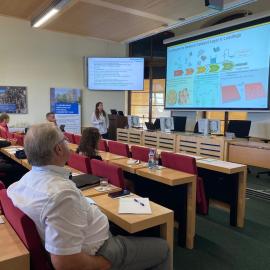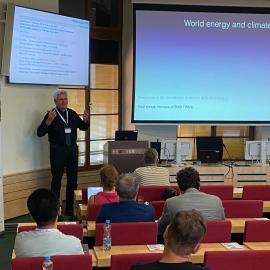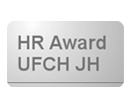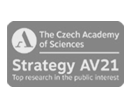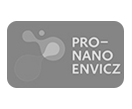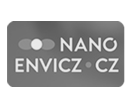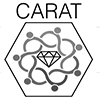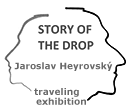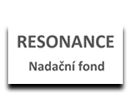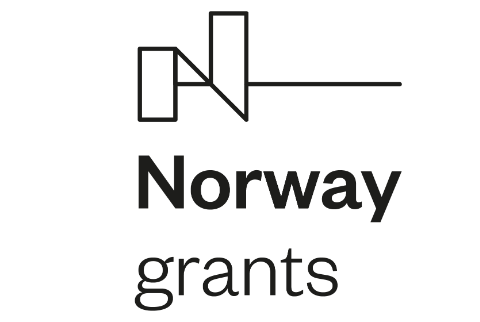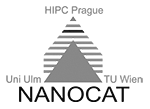Liblice Castle hosted world experts at a conference on energy storage
From September 1st to 4th, 2024, Liblice Castle hosted the second sequel of the international conference "Challenges on the Renewable Energy Storage." The event was attended by nearly 50 world leading experts in catalysis and electrocatalysis. Specialists from Germany, the USA, Denmark, the UK, and other countries discussed the potential of innovative solutions of novel technologies enabling efficient energy storage and transport—key factors in energy concept transition.
Growing emphasis on phase out of fossil fuels call for introduction of energy storing technologies which provide the base for gradual deployment of renewable energy sources replacing the fossil fuels. There is a general consensus that catalytic and electrocatalytic technologies are indispensable to transform renewable energy into storable fuels. This is a cornerstone of the future energy availability and stability of the energy concept.
The future lies in diverse solutions
Conference participants emphasized that there is no single overarching solution and a successful transition to a fossil-free economy has to be built on complementary technologies. Essential role is foreseen for electrocatalytic technologies producing “green” hydrogen, which is considered a key platform for production of materials an e-fuels.
A call for a realistic approach
The general landscape of the energy transition process was surveyed by Professor Robert Schlögl, President of the Alexander von Humboldt Foundation. In his keynote lecture, he poignantly outlined the key systemic deficiencies of the currently forced energy transition process. He stressed that political leadership on national as well international levels needs to abandon the urge to micromanage the technological revolution by overregulation and administrative hindrance based on ideology driven defossilization timelines. It is clear that while the defossilization of the energetic sector is necessary the large momentum of the planetary ecosystem allows for science and technology driven transition which can be base on kore realistic timescales. Schlögl's contribution resonated with attendees reflecting greatly the position of the present industry representatives.
A collaborative project of leading scientists
This year’s conference built on the success of the first edition, launched in 2022. "Challenges on the Renewable Energy Storage" is a joint project of the J. Heyrovský Institute of Physical Chemistry of the Czech Academy of Sciences and the Fritz Haber Institute of the Max Planck Society. The collaboration of top scientists such as Prof. Dr. Beatriz Roldán Cuenya, Prof. Dr. Petr Krtil, and Dr. Katarzyna Skorupska, brought together impressive intellectual capacity allowing to create a platform for finding innovative solutions to the energy challenges of the future.



